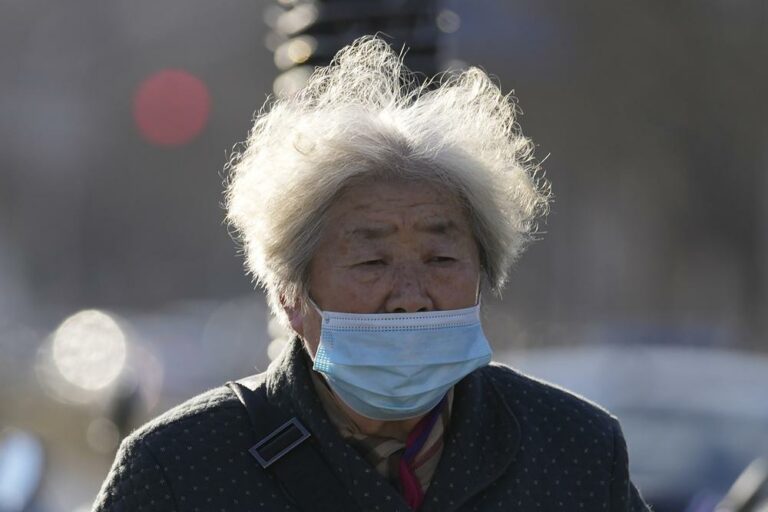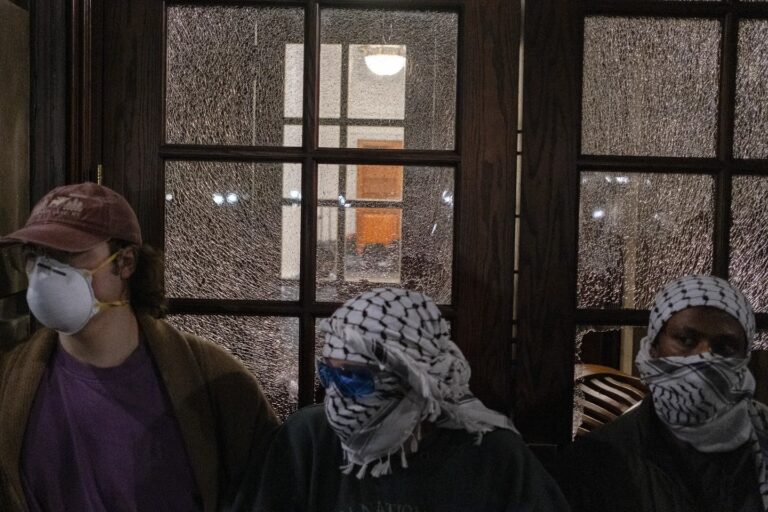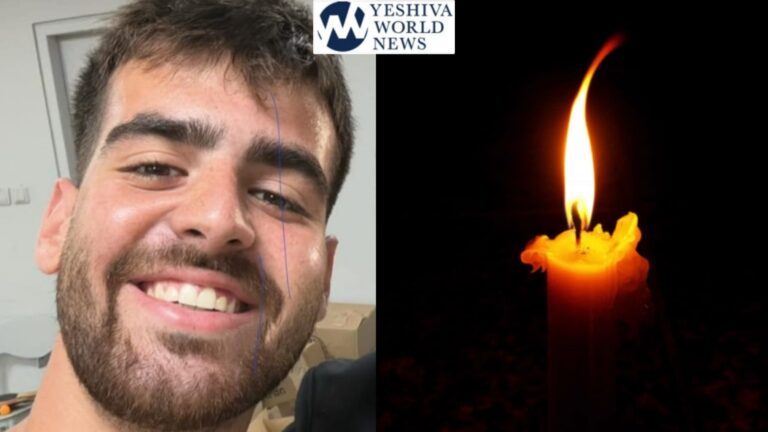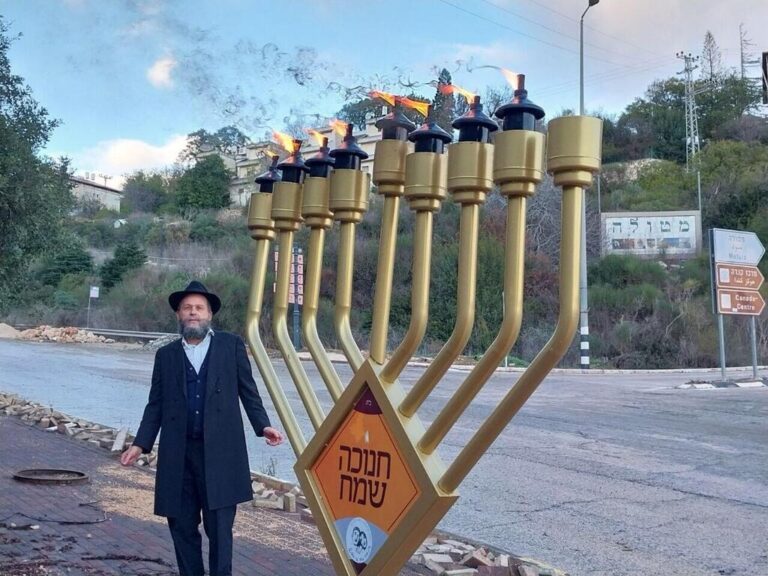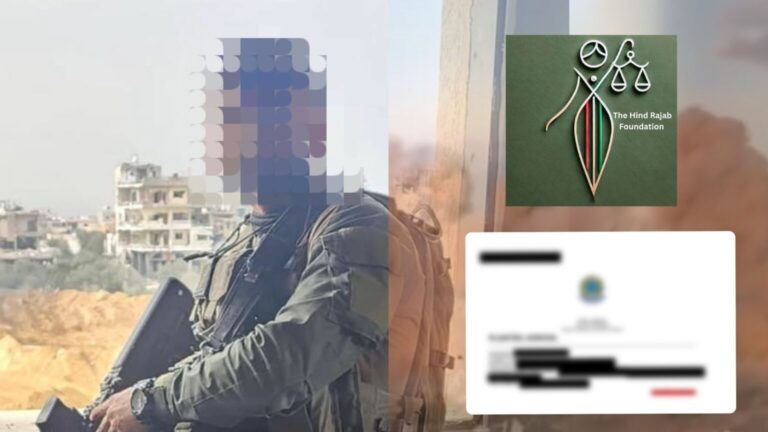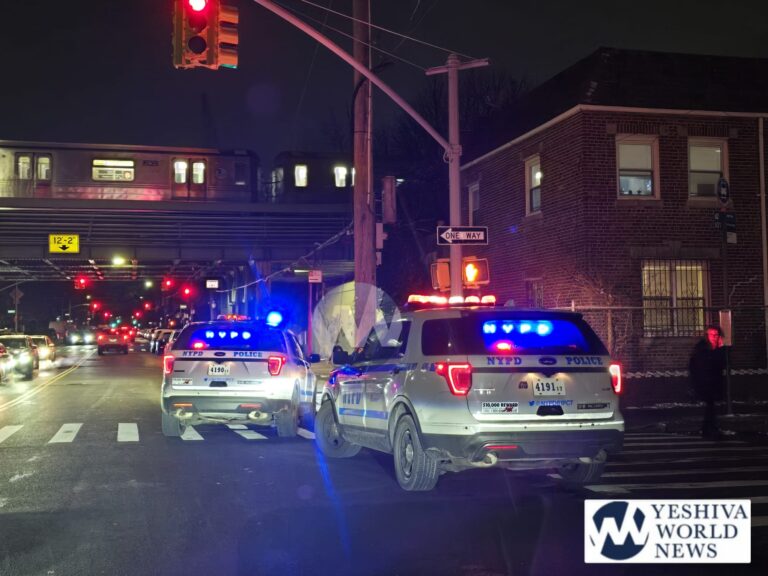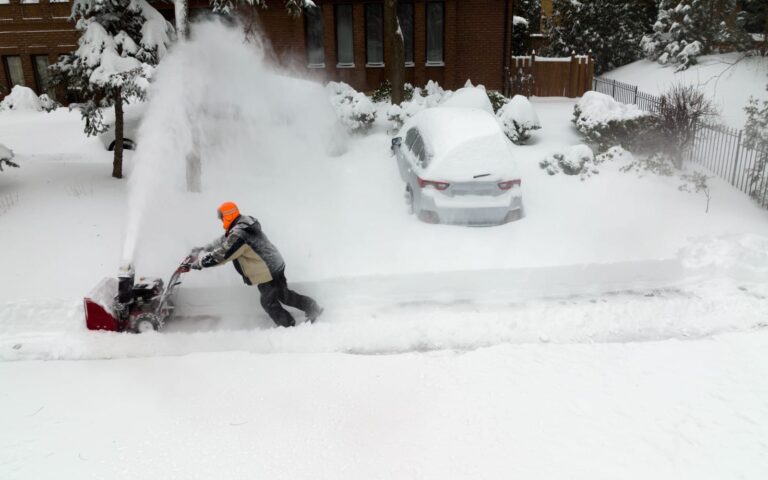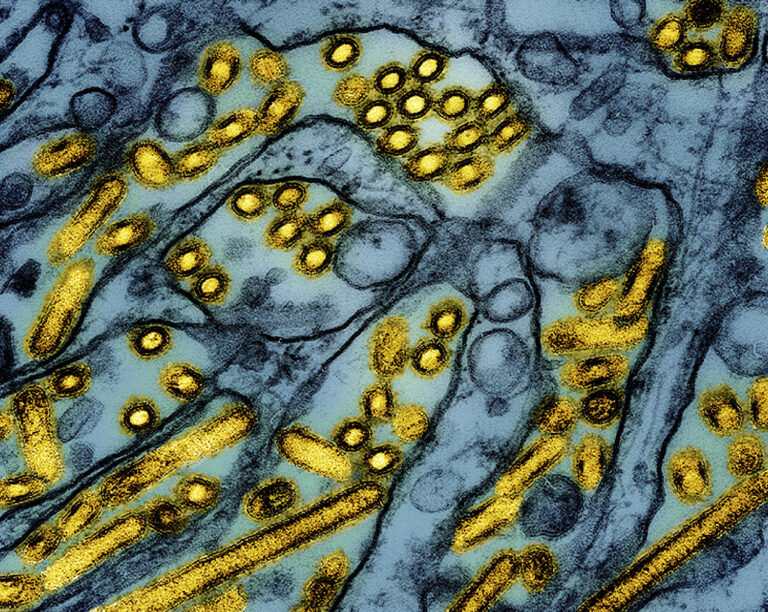Syria said Monday that Israel’s plan to double the settlement in the Israeli Golan Heights is “dangerous and unprecedented” and only perpetuates its “occupation of the territory.”
Prime Minister Naftali Bennett announced on Sunday a multimillion-dollar plan to double the settlement in the region that Israel captured from Syria over five decades ago.
Speaking at a special Cabinet meeting held in the Golan Heights, Bennett specified that two new settlements, Asif and Matar, will be built and two new neighborhoods will be built in the city of Katzrin, the largest Jewish locality in the Golan and known as the “capital of the Golan.”
Justice Minister Gideon Sa’ar said at the meeting: “We’re advancing – to the best of my knowledge – the most extensive plan ever developed for settlements in the Golan Heights with a realistic goal of doubling the settlement within a few years.”
“The goal is to encourage sustainable demographic growth in the Golan and Katzrin Regional Council localities with a goal of doubling the population within five years. The move will include planning, marketing and development of residential housing units and development of supportive geographical growth as well as economic development to create employment, improve employment, diversify jobs and improve the quality of life that will also contribute to attracting a new population to the Golan Heights.”
The U.S. recognized Israel’s sovereignty over the Golan in 2019.
“Syria strongly condemns the dangerous and unprecedented escalation from the Israeli occupation forces in the occupied Syrian Golan Heights and its persistence in settlement policies and grave and methodological violations that rise to the level of war crimes,” a Syrian Foreign Ministry statement said.
The statement said the Syrian government remains committed to the Syrians living in the Golan “who are steadfast in their resistance to the Israeli occupation and their rejection of the decision to annex the Golan.”
Some 50,000 people live in the Golan Heights — roughly half of them Jewish Israelis and half in Druze Arab villages that formerly were part of Syria.
(YWN Israel Desk – Jerusalem & AP)


